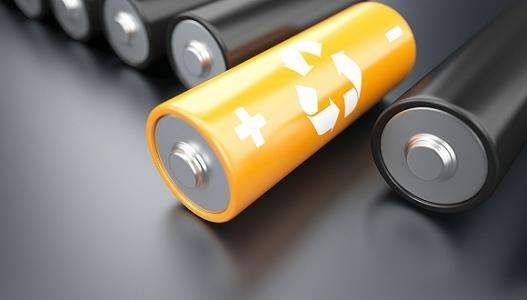Advantages of lithium iron phosphate batteries

Lithium iron phosphate battery and lithium manganate, lithium cobaltate, and ternary lithium battery are both branches of lithium ion battery. Its performance is mainly suitable for power applications. It is called a lithium iron phosphate power battery, also known as a lithium iron battery. Therefore, the advantages of lithium iron phosphate batteries mainly refer to their comparison with other batteries in power applications. In this sense, its relative benefits with ternary lithium batteries and lead-acid batteries will be principally compared.
1. Compared with the ternary lithium battery, the advantage of high-temperature resistance. The high-temperature performance of lithium iron phosphate battery is better, and it can withstand a high temperature of 350°C~500°C. In contrast, lithium manganate/lithium cobaltate is usually only about 200°C, and the material of modified ternary lithium battery will also be roughly Decomposition occurs at 200°C.
2. The "elder" among the three - the absolute advantage of longevity. Lithium iron phosphate batteries have a longer cycle life than lead-acid batteries and ternary lithium batteries. The "long life" of lead-acid batteries is only about 300 times, and the maximum is 500 times; the ternary lithium battery can theoretically reach 2,000 times, and the actual capacity will decay to 60% when it is applied to about 1,000 times; and the real-life of lithium iron phosphate batteries, That is to say, it reaches 2000 times, and at this time, there is still 95% of the capacity. Its ideal cycle life gets more than 3000 times.
3. Compared with lead-acid batteries, there are many advantages:
1. Large capacity. The monomer can be made into 5Ah~1000 Ah (1 Ah=1000mAh), while the lead-acid battery 2V monomer is usually 100Ah~150 Ah, and the variation range is small.
2. Lightweight. The volume of the lithium iron phosphate battery of the same capacity is 2/3 of the importance of the lead-acid battery, and the weight is 1/3 of the latter.
3. Strong, fast charging capability. The starting current of lithium iron phosphate battery can reach 2C, which can realize high-rate charging; the wind of lead-acid battery is generally required to be between 0.1C and 0.2C, which cannot achieve fast charging performance.
4. Environmental protection. Lead-acid batteries contain many heavy metals - lead, which produces waste liquid. In contrast, lithium iron phosphate batteries do not have any heavy metals and are pollution-free in production and use.
5. Cost-effective. Although lead-acid batteries are cheaper than lithium iron phosphate batteries because of their cheap materials, the purchase cost is lower than lithium iron phosphate batteries. Still, they are less economical than lithium iron phosphate batteries in service life routine maintenance. The practical application results show that the cost performance of lithium iron phosphate batteries is more than four times that of lead-acid batteries.
Although the application range of lithium iron phosphate batteries is mainly in the direction of power, it can also be extended to more fields in theory, which is determined by the various advantages shown in the above comparison. With some improvements, it is also entirely possible to enter the traditional application fields of other types of lithium-ion batteries.
喜欢我的作品吗?别忘了给予支持与赞赏,让我知道在创作的路上有你陪伴,一起延续这份热忱!

- 来自作者
- 相关推荐